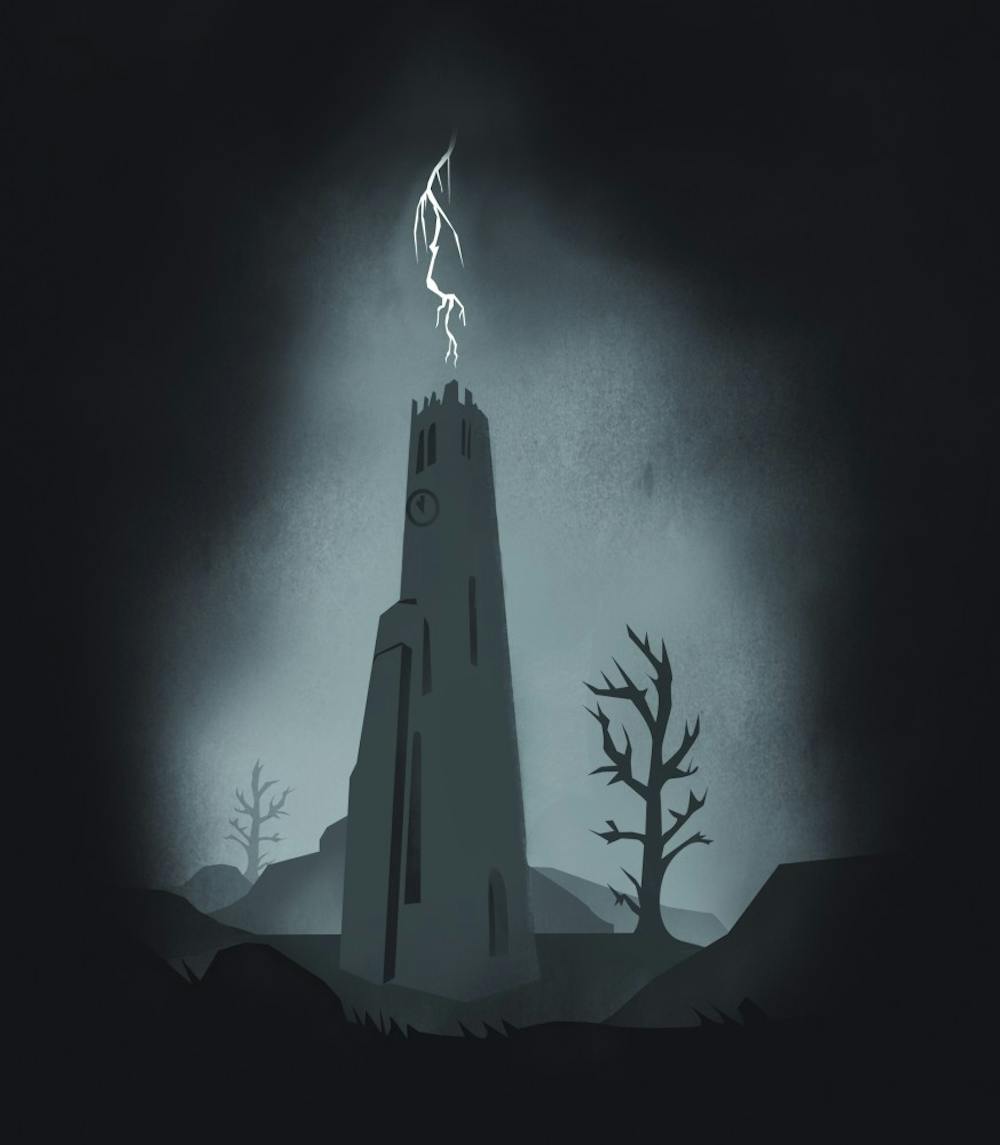Keep studying for those finals, Spartans. The end of the world isn’t going to make your grades go away.
The widely acknowledged theory that the world will end on Dec. 21, a misinterpretation of a Mayan calendar, has resonated in Internet chatter and even students at MSU recently, creating buzz for apocalyptic scenarios. But what the public knows and speculates about it is vastly different than the real cultural and spiritual significance of the date, said associate history professor Benjamin Smith, who specializes in Mexican history.
“The fundamental problem about this is that the Mayans never said the world was going to end,” Smith said. “Time is cyclical (to them). This is the end of one cycle and the start of another.”
In Mayan culture, time is not linear, and the end of the 5,125-year calendar simply means a new one will begin, said Rocio Quispe-Agnoli, an associate professor of Hispanic studies in the Department of Romance and Classical Studies. Mayans mark the day with traditional rituals and celebration, most of which goes on outside of the public eye.
Because the modern world never has seen the end of a Mayan calendar, the celebration is skewed by rumor. But Quispe-Agnoli said it likely is similar to a modern New Year’s Eve celebration, in which people observe the end of a calendar year and the start of another, setting goals for the coming year.
“It’s unfortunate, to a certain extent, how something that should be perceived as a spiritual celebration — it’s an end, which means a new beginning — has been used by media and business,” Quispe-Agnoli said, adding the apocalypse theory has become sensationalist and cataclysmic.
Much of the hype of the world ending is driven by media through films, such as “Armageddon” and “2012,” which create a heroic interpretation of the world ending, Smith said.
“(We’re) slightly obsessed by the end of the world and apocalyptic tales of zombies or terrorists blowing up the world,” he said. “It’s become a real cultural trope, and I think this is all a part of that.”
Quispe-Agnoli said the celebratory aspects of the calendar become overshadowed by the negative idea of an ending world, equating the end with death and perverting the original spiritual significance.
Some of the apocalypse rumors smith has heard include nuclear war, global flooding and other natural disasters out of human control.
“These are real-life worries; I’m not saying they’re ludicrous,” he said. “But I doubt very much they will happen on Dec. 21.”
Packaging sophomore Danny Smith said he has heard his classmates talking about rumors they’ve heard about the world ending, but added the media has perpetuated the theory into something more than it was in Mayan historical culture.
“It’s good, in a way, that they’re comparing calendars from back then, but people know it might not be true,” he said. “I think it’s more just a story.”
As for the conspiracy theorists who predict Dec. 21 will mark the end of everything, Benjamin Smith said Dec. 22 will come as a rude awakening.
“I imagine they’ll wake up with a sore head, feeling slightly silly,” he said.
Support student media!
Please consider donating to The State News and help fund the future of journalism.
Discussion
Share and discuss “Misread Mayan calendar causes rumors, speculation” on social media.







